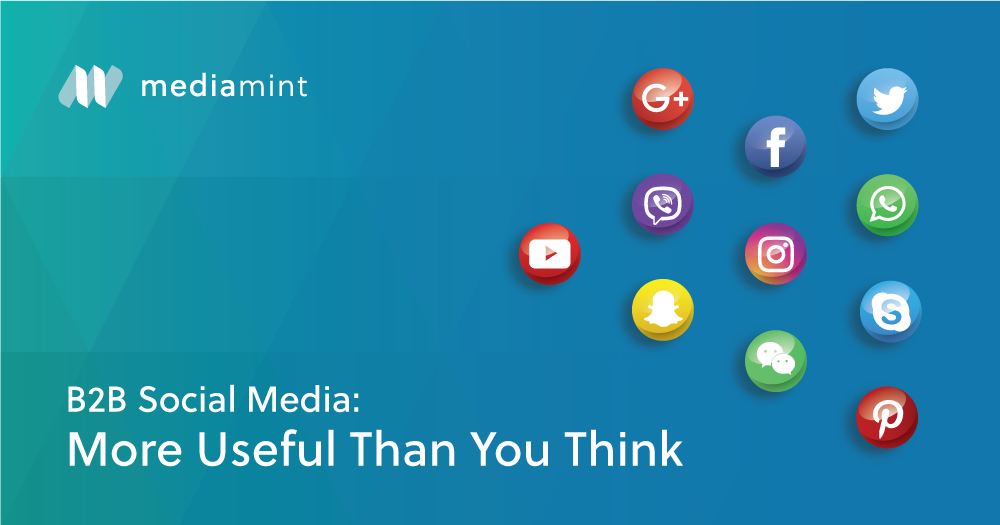Social media is an effective tool for B2B companies and must be taken advantage of. However, some B2B companies are stuck in the rut of believing their customers are not on social, except LinkedIn. Because of this, these companies might create a lone Twitter account simply used to amplify press releases or announce products. Facebook and Instagram are often ignored, let alone TikTok or Reddit. Though, each of these channels can have utility for if used correctly.
When Boomers and Gen X dominated the workplace, LinkedIn was the place to be for B2B marketers, but there has been a change, even for LinkedIn itself. Today, 37 percent of U.S. adults using LinkedIn are 30-49 years old, and half of the U.S. adults on LinkedIn have college degrees, ultimately putting them in a position to make business recommendations and decisions.
With more than 35 percent of the workforce now made up of millennials, we are working with a generation born into social media. Add them to the GenXers and a totally different picture for social media exists, even in professional use cases. For example, almost 75 percent of college-educated adults are using Facebook, and over 60 percent of them check it several times a day. If that is true, B2B marketers must consider forming user groups or customer support groups on Facebook.
If they’re not checking Facebook, millennials are using Instagram, and many of them visit the platform daily. Check again if you think they are just posting photos of their lunch or puppies; entire brands have been built using Instagram. B2B marketers can form partnerships with Instagram influencers to increase their brand awareness.
As for Twitter, it skews younger than most other social platforms, and it has enormous power for buying and recommendations. 8 out of 10 millennials won’t make a purchase without reading a review first, and because they value reviews over advertising, they are more likely to write reviews that can help others.
According to Maven ECommerce, when it comes to B2B, 73 percent of millennials that work in the space are involved in the technology purchasing process for their companies, and a third is actually the sole decision-maker. It is no surprise that this generation of buyers heavily relies on digital channels to research products, which can include websites but also on online reviews and social media.
So it behooves a B2B marketer to think through where their customers actually are, and to invest some time and effort into doing more than just opening a brand account. What counts in all marketing channels is engagement, and prospects and customers don’t generally take the first step to engage with a brand. However, if the brand publishes useful information, which could be anything from “how to use” to research, and the social media manager engages with prospective customers to start a conversation, B2B brands can develop followers among their prospects.
There are also B2B influencers, typically former media people or industry analysts that can help a B2B brand enlarge its own digital presence. While there’s no one-size-fits-all strategy, there is an Influencer Marketing Council that discusses different solutions on a monthly call, and it is free to join.
Interested in learning more about us? Read about our team and follow us on social.


Recent Comments